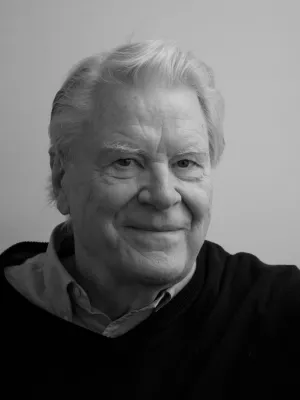
Anders Kjellberg
Professor emeritus

The shifting role of unions in the social dialogue
Författare
Summary, in English
tripartite negotiations, bipartite collective bargaining is characteristic of self-regulation. Swedish self-regulation is the most far-reaching among the Nordic countries, as state intervention is less common than in Denmark, Finland and Norway. In most EU/EES
countries, in particular the new Central and Eastern European member states and Greece, union power is undermined by declining union density and shrinking coverage of collective agreements. In many cases, international organisations pushed through
“structural reforms” weakening trade unions. The result is decreased bargaining capacity at industry level and difficulties in avoiding downwards derogations at company level. Even in some core eurozone countries governments have carried through “internal devaluation” to restore competitiveness. High union density (Finland) or high union mobilisation capacity (France) could not prevent this development. The economic performance of a country and degree of globalisation, including the absence of a national currency, appear more important. Swedish union density is still among the highest in the world but has declined considerably in the last twenty years. As a strongly export-dependent country dominated by large transnational groups, is Sweden very exposed to globalisation. This has shifted the balance of power to the advantage of transnational companies, and by that circumscribed the unions’ efforts to achieve developing jobs and improved working environment.
Avdelning/ar
- Sociologi
Publiceringsår
2021-03-05
Språk
Engelska
Sidor
220-244
Publikation/Tidskrift/Serie
European Journal of Workplace Innovation
Volym
6
Issue
2
Fulltext
- Available as PDF - 973 kB
- Download statistics
Dokumenttyp
Artikel i tidskrift
Ämne
- Sociology
Nyckelord
- Trade union
- social dialogue
- union density
- collective bargaining
- self-regulation
- state regulation
- globalization
- Eurozone
- Nordic model
- Swedish model
- industrial relations
- basic agreement
- LO
- PTK
- flexibility
- CEE states
- EU/EES
- statutory minimum wage
- internal devaluation
- foreign-born
- pandemic
- sociology
- social dialogue
- collective bargaining
- union density
- self-regulation
- state regulation
- globalization
- collective agreement
- eurozon
- internal devaluation
- EU
- Sweden
- basic agreement
- France
- Nordic model
- Anglo-saxon model
- Continental European model
- CEE countries
- foreign-born
- migration
- posted workers
- health care sector
- coverage of collective bargaining
- workplace innovatioon
- IF Metall
- Kommunal
- Ghent system
- Ghent countries
- sustainable work
- industrial relations
- Sociology
Status
Published
Projekt
- Social dialogue and sustainable work in Europe
- Trade Unions in Europe (27 EU countries)
ISBN/ISSN/Övrigt
- ISSN: 2387-4570

